Section: Arts And Culture
There are more than 200 results, only the first 200 are displayed here.
-
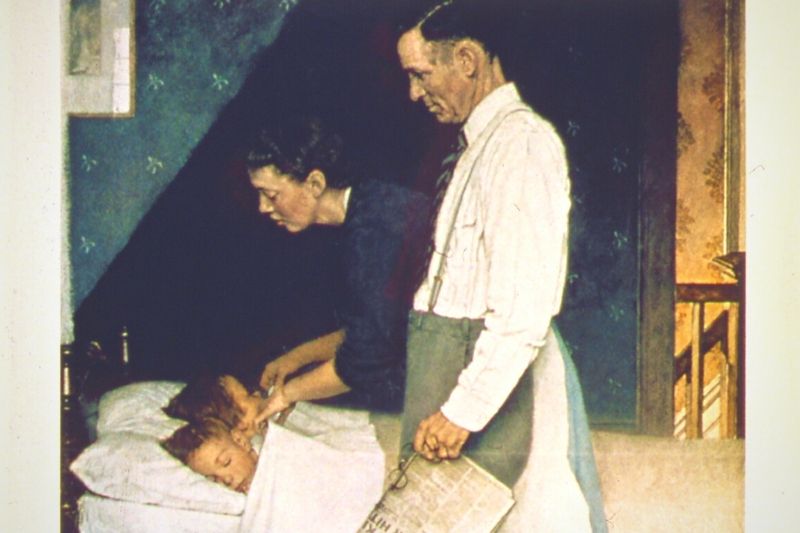
ARTS AND CULTURE
- Gillian Bouras
- 15 March 2023
6 Comments
In his 'Four Freedoms' series, iconic artist Norman Rockwell depicted a vision of America where people were free from want and free from fear. But with the threat of nuclear war looming, and arms merchants benefiting from conflict, how far off are we from truly achieving this ideal?
READ MORE
-
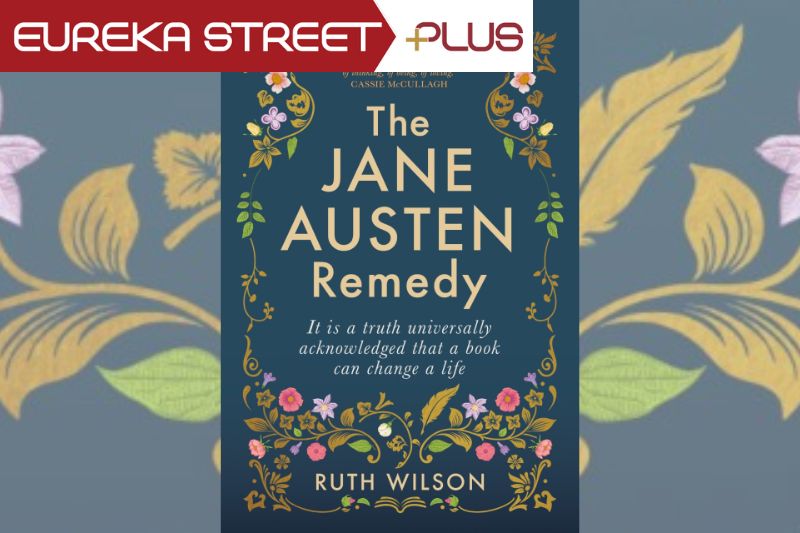
ARTS AND CULTURE
- Gillian Bouras
- 10 March 2023
1 Comment
It's a truth universally acknowledged that a book can change a life, but can certain books help a reader live more fully at any age? Ruth Wilson, a 90-year-old author, thinks so. Her book, The Jane Austen Remedy, explores the belief that books can cure an ailing soul.
READ MORE 
-

ARTS AND CULTURE
Filling up the Webster-pak’s / a weekly exercise / designed to keep me vertical / with sparkle in my eyes. Fresh from Chemist Warehouse as / my tempo wanes and waxes / my pills dispel my latest ills — if not quite death and taxes.
READ MORE
-
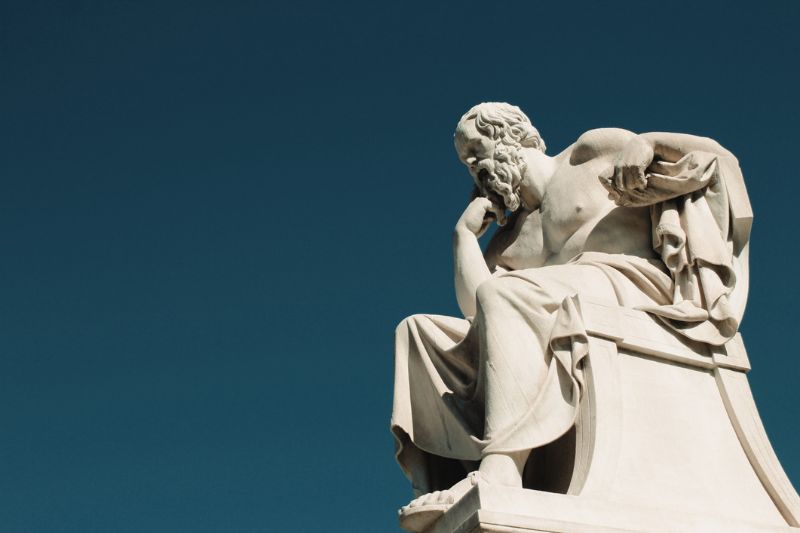
ARTS AND CULTURE
- Andrew Hamilton
- 09 March 2023
6 Comments
Who will champion humane values, enshrine them in the development and workings of artificial intelligence? This is the question posed by Plato and Socrates to our generation, and one that demands our urgent attention as the line between the artificial and the human becomes increasingly blurred.
READ MORE
-
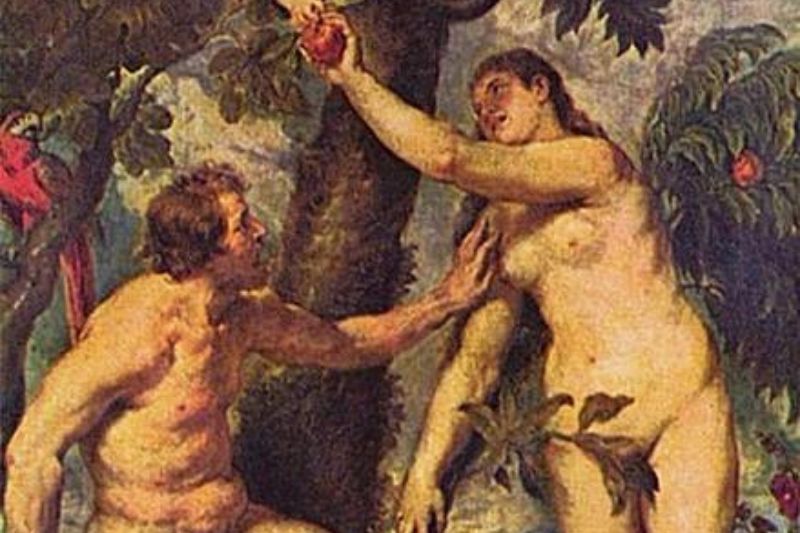
ARTS AND CULTURE
- Barry Gittins
- 02 March 2023
1 Comment
Autumn's arrival may bring with it uneasy visions of creeping mortality. With younger and keener generations marching on, the impetus for older generations is to share the wisdom we've gathered and remind ourselves we're still breathing, still contributing, and still sound of limb and mind.
READ MORE
-

ARTS AND CULTURE
- David Halliday
- 28 February 2023
Moving makes you take stock of your life. It gives you a renewed awareness of things about to be lost, and a renewed gladness these things existed in the first place.
READ MORE 
-
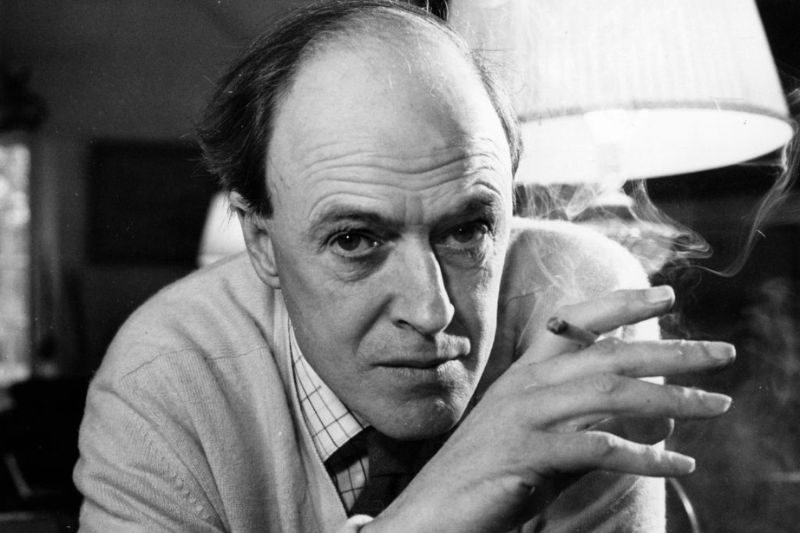
ARTS AND CULTURE
- Juliette Hughes
- 27 February 2023
13 Comments
Roald Dahl's beloved children's books have been given a makeover, with 'sensitivity readers' rewording phrases that might offend modern sensibilities. But what has been lost in this sanitisation of Dahl's work? Do we risk losing the very essence of what makes these works so powerful and enduring?
READ MORE
-
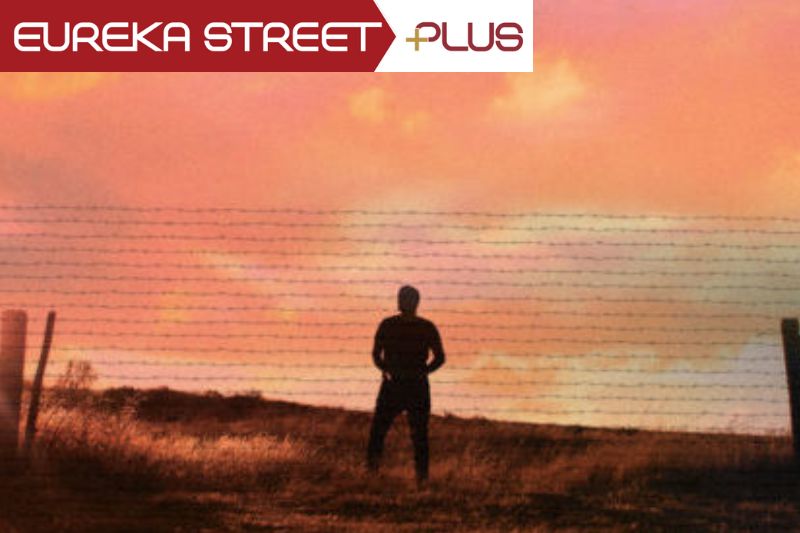
ARTS AND CULTURE
- Andrew Hamilton
- 24 February 2023
In Shadowline, Uwe's attempts to understand himself and his relationships through theoretical patterns are inevitably uneasy, but his diary entries reveal a man dedicated to personal growth and learning.
READ MORE 
-
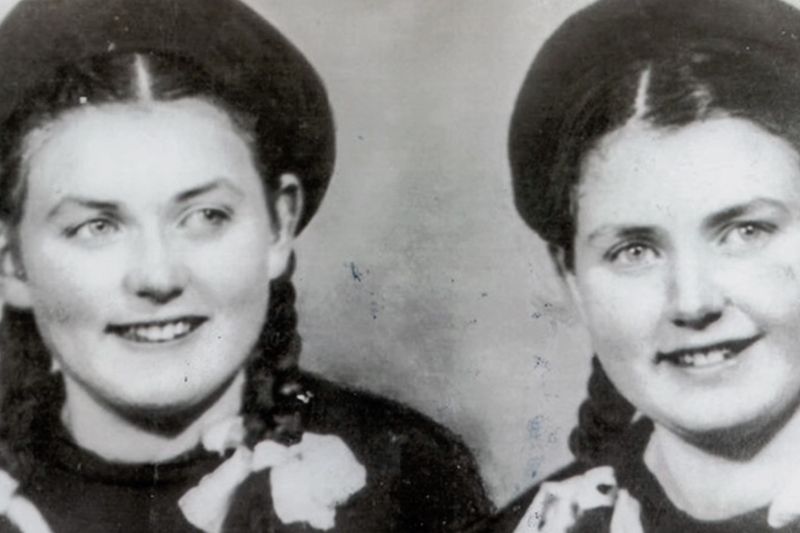
ARTS AND CULTURE
- Gillian Bouras
- 23 February 2023
6 Comments
During a trip to Poland, an encounter with the story of Auschwitz survivor Eva Mozes Kor, who chose to forgive those who persecuted her and her family, serves as a reminder of the costly and essential need for remembrance and reconciliation.
READ MORE
-
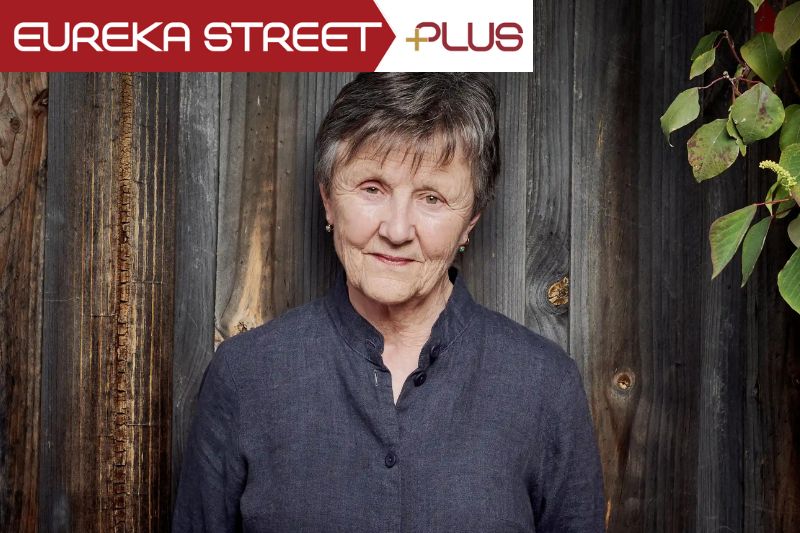
ARTS AND CULTURE
- Paul Mitchell
- 17 February 2023
3 Comments
Arguably Australia’s most celebrated living author, Helen Garner has built a reputation as a fearless and unapologetic writer whose work has remained fresh and relevant for over 45 years. We sat down with Helen to explore the challenges of confessional non-fiction, her fondness for church, and her commitment to unsparing self-analysis.
READ MORE 
-
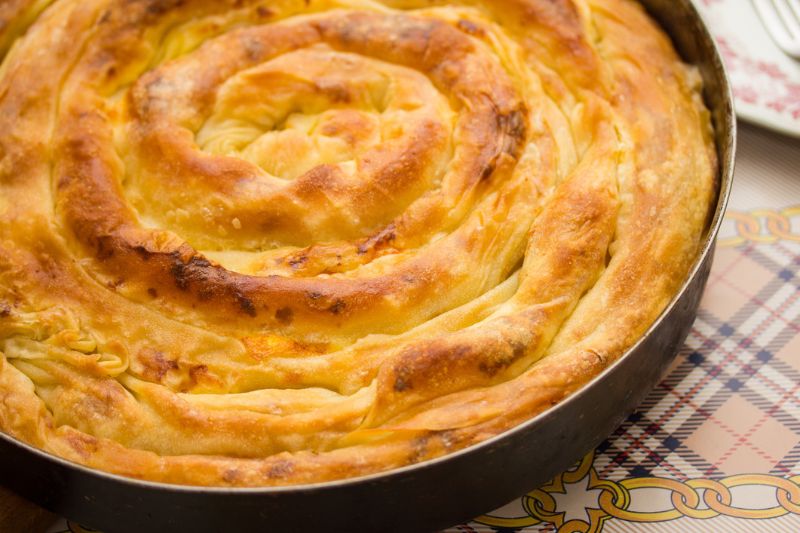
ARTS AND CULTURE
- Binoy Kampmark
- 15 February 2023
1 Comment
Mama was a master of the kitchen, revered for her culinary magic and domestic miracles. Her cooking was an unsurpassed conjurer of traditional Bosnian pita, a sublime miracle that drew the infinite from the minimal. Mama's death left a void of ignorance, indifference, and inability that hovered over the village, mourning the loss of an unassailable figure.
READ MORE
-
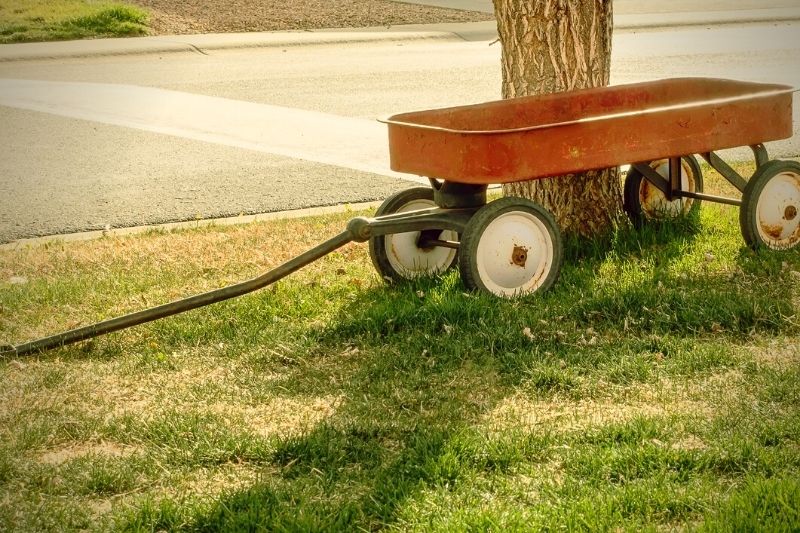
ARTS AND CULTURE
- Robert DiNapoli
- 14 February 2023
2 Comments
But my red carriage rolls its trundling way / beneath the glare of that auroral show, its flakes of rust conceding time’s betray, / the toll imposed on Adam’s clay in slow / extraction of deep veins of anthracite.
READ MORE